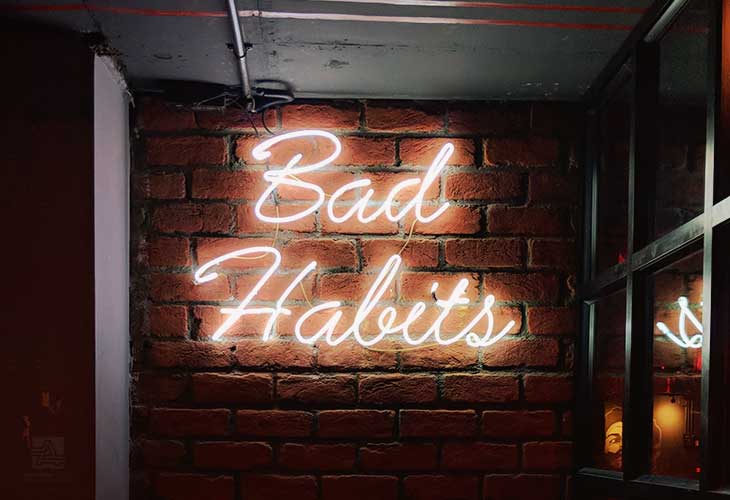How Much Is Too Much?
For many, alcohol can be a social activity tied to relaxation and social time. But, for a growing number, alcohol use can be unhealthy or dangerous drinking that can harm your relationships, cause you to miss work, and lead to legal problems such as driving while drunk (intoxicated). How do you know how much is too much?
Below are some traits or habits that you should be aware of to know how much is too much. You might be dependent on alcohol if
- You have three or more of the following problems in a year
- You cannot quit drinking or control how much you drink
- You need to drink more to get the same effect
- You have withdrawal symptoms when you stop drinking (including feeling sick to your stomach, sweating, shakiness, and anxiety)
- You spend a lot of time drinking and recovering from drinking, or you have given up other activities so you can drink
- You have tried to quit drinking or to cut back the amount you drink but haven’t been able to
- You continue to drink even though it harms your relationships and causes physical problems
Alcoholism is a long-term (chronic) disease. It’s not a weakness or a lack of willpower. Like many other diseases, it has a course that can be predicted, has known symptoms, and is influenced by your genes and your life situation.
How much is too much?
Alcohol is part of many people’s lives and may have a place in cultural and family traditions. It can sometimes be hard to know when you begin to drink too much. You are at risk of drinking too much and should talk to your doctor if you are:
- A woman who has more than 3 drinks at one time or more than 7 drinks a week (a standard drink is 1 can of beer, 1 glass of wine, or 1 mixed drink)
- A man who has more than 4 drinks at one time or more than 14 drinks a week.

What are some signs of alcohol abuse or dependence?
Certain behaviors may mean that you’re having trouble with alcohol. These include:
- Drinking in the morning, often being drunk for long periods of time, or drinking alone.
- Changing what you drink, such as switching from beer to wine because you think it will help you drink less or keep you from getting drunk.
- Feeling guilty after drinking.
- Making excuses for your drinking or doing things to hide your drinking, such as buying alcohol at different stores.
- Not remembering what you did while you were drinking (blackouts).
- Worrying that you won’t get enough alcohol for an evening or weekend.
How are alcohol problems diagnosed?
Alcohol problems may be diagnosed at a routine doctor visit or when you see your doctor for another problem. If a partner or friend thinks you have an alcohol problem, he or she may urge you to see your doctor. Your doctor will ask questions about your symptoms and past health, and he or she will do a physical exam and sometimes a mental health assessment. The mental health assessment checks to see whether you may have a mental health problem, such as depression.
Your doctor also may ask questions or do tests to look for health problems linked to alcohol, such as cirrhosis.
What can you do if you or another person has a problem with alcohol?
If you feel you have an alcohol problem, get help. Even if you are successful in other areas of your life, visit a doctor or go to a self-help group. The earlier you get help, the easier it will be to cut back or quit.
Helping someone with an alcohol problem is hard. If you’re covering for the person, you need to stop. For example, don’t make excuses for the person when he or she misses work.
You may be able to help by talking to the person about what his or her drinking does to you and others. Talk to the person in private, when the person is not using drugs or alcohol and when you are both calm. If the person agrees to get help, call for an appointment right away. Don’t wait.
Alcohol abuse use can damage your health, risk your job, and become detrimental to your family. If you believe that your alcohol use has become an addiction, then we can help. You are not alone!




